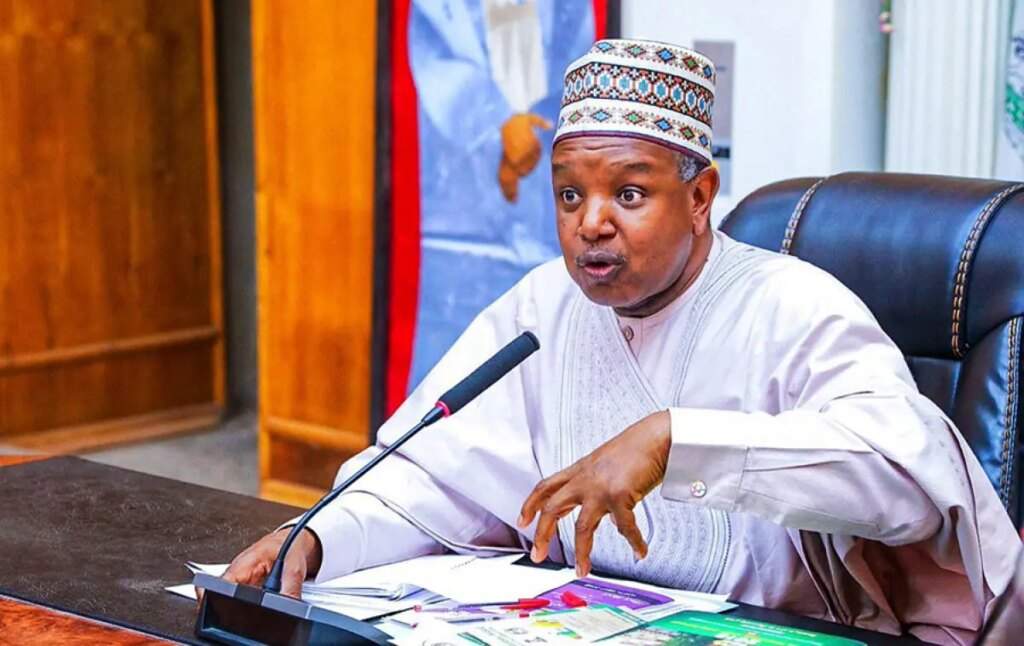Nigeria’s Infrastructure Deficit: Minister Urges Robust Investment to Boost Economy
In a bid to address the country’s crippling infrastructure deficit, Nigeria’s Minister of Budget and National Planning, Atiku Bagudu, has emphasized the need for more robust investment in multi-dimensional infrastructure. Speaking at the National Assembly during an interactive session with the Senate Committee on Appropriation, Bagudu attributed several recent problems faced by Nigerians to the under-investment in infrastructure.
According to Bagudu, the federal government has not invested adequately in infrastructure development, leading to a shortage of critical infrastructure such as roads, highways, and public transportation systems. He praised President Bola Tinubu for his political will in addressing the infrastructure deficit, stating that the President has sought ₦3.2 trillion to fund key projects, including the Lagos-Calabar coastal highway, the Sokoto-Badagry highway, and the Trans-Sahara highway.
These projects, once completed, are expected to boost economic activities and enhance the nation’s revenue base, leading to significant transformation and strengthening of economic realities. Bagudu expressed confidence that the projects will have a positive impact on the economy, creating jobs and stimulating economic growth.
In response to concerns from committee members about the state of other deteriorating roads and uncompleted projects in their constituencies, Bagudu assured that the federal government has not abandoned any ongoing projects. He clarified that the government is not prioritizing new projects at the expense of existing ones and assured that the Federal Executive Council will continue to consider and approve funding for other roads as resources become available.
Senator Olamilekan Adeola, who chaired the Senate Committee on Appropriation, affirmed that the government has the full capacity to finance the 2024 budget. He urged the minister to provide the committee with a comprehensive breakdown of the N6.2 trillion approval as soon as possible.
The minister’s remarks have sparked renewed calls for increased investment in infrastructure, with many Nigerians expressing optimism that the government’s efforts will finally address the country’s long-standing infrastructure deficit.
